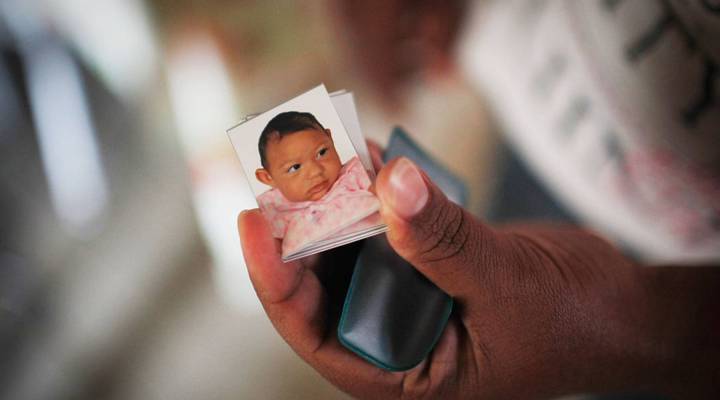
Developing a Zika vaccine will take time (and money)

The World Health Organization convenes an emergency meeting Monday to help determine its response to the Zika virus.
There’s no widely available test for the mosquito-borne illness linked to birth defects, and even the most optimistic estimates say a vaccine won’t be available until late 2016.
Developing a vaccine is no small feat. First, you need a lot of cash, said Dr. Ken Kaitin at the Tufts Center for the Study of Drug Development.
“It could take close to $1 billion to bring one successful compound to market,” he said.
Then, Kaitin said, given that pregnant women are at risk, that complicates the process for drug makers.
“In anything that’s dealing with pregnancy or children for that matter, you have an added obstacle because you don’t want to create a bigger problem then you are trying to cure,” he said.
A few of the biggest drug companies in the world are exploring vaccine development, including GlaxoSmithKline and Sanofi.
The Zika virus could infect some 4 million people in the Americas, and that’s why Sanofi’s Dr. Paul Beninger hopes U.S. health officials round up all the pharmaceutical executives and put the screws to them.
“Putting the finger to every person in the room and say I need your help to do this. And I think people respond to that. It’s when they aren’t identified it doesn’t happen,” he said.
Beninger said as we saw with Ebola, the capacity to develop a vaccine is there. It’s just a question of unlocking it.
There’s a lot happening in the world. Through it all, Marketplace is here for you.
You rely on Marketplace to break down the world’s events and tell you how it affects you in a fact-based, approachable way. We rely on your financial support to keep making that possible.
Your donation today powers the independent journalism that you rely on. For just $5/month, you can help sustain Marketplace so we can keep reporting on the things that matter to you.












